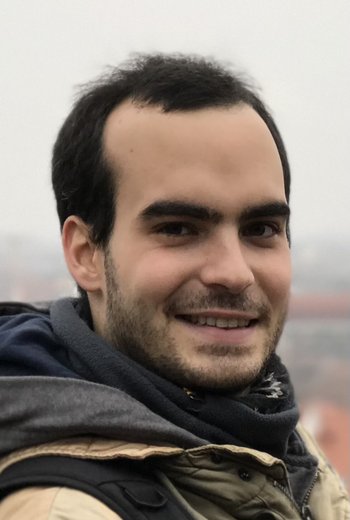Condensed matter theory in the quantum information era
Jeremy Heyl (heyl@phas.ubc.ca)
All are welcome to this event!
Join Zoom Meeting:
https://ubc.zoom.us/j/63422199875?pwd=cCFuka3YRqX0MaOGixOkrMlpAjXavK.1
Meeting ID: 634 2219 9875
Passcode: 052121
Abstract:
The rapid development of new experimental platforms enables the study of quantum many-body systems using both existing materials and synthetic matter. This progress has spurred the search for novel phenomena in regimes beyond traditional near-equilibrium settings, two aspects of which will be explored in this talk. We will first discover that kinetic constraints and symmetries can be utilized to halt quantum thermalization, and to even shield a system from decohering. These striking outcomes emerge via the mechanism of Hilbert space fragmentation--a phenomenon since realized experimentally in various platforms. We will then explore the physics of many-body ground states and show how even “weak” measurements can tame the rigidly universal properties emerging at quantum critical points. Drawing inspiration from quantum information, this discovery informs the design of optimally resilient teleportation protocols that transfer critical wavefunctions between distant labs. Finally, we will discuss open questions and related ideas in the field.
Bio:

I am currently a postdoctoral fellow at the California Institute of Technology (Caltech), where I hold a Burke Institute Prize Fellowship. I completed undergraduate degrees in both Physics and Mathematics in Zaragoza, Spain. After finishing a master's program in Theoretical and Mathematical Physics in Munich---with a thesis on the use of variational methods for lattice gauge theories at the Max Planck Institute for Quantum Optics---I pursued a PhD at the Technical University of Munich (TUM) under the supervision of Prof. Pollmann, supported by a "la Caixa" fellowship. My doctoral research led to the discovery of Hilbert space fragmentation, an ergodicity-breaking mechanism that deepens our understanding of the role of symmetries in the dynamics of many-body systems.
As a postdoctoral fellow at Caltech, I have developed a research program focused on various aspects of quantum many-body physics in the presence of measurements and decoherence---a relevant area to emerging quantum technologies. My recent work includes the demonstration and quantification of entanglement generation in open (mixed-state) systems, the characterization of non-Abelian topological order under decoherence, and the identification of novel phenomena induced by quantum measurements.
Learn More:
- About Pablo: https://www.pma.caltech.edu/people/pablo-sala